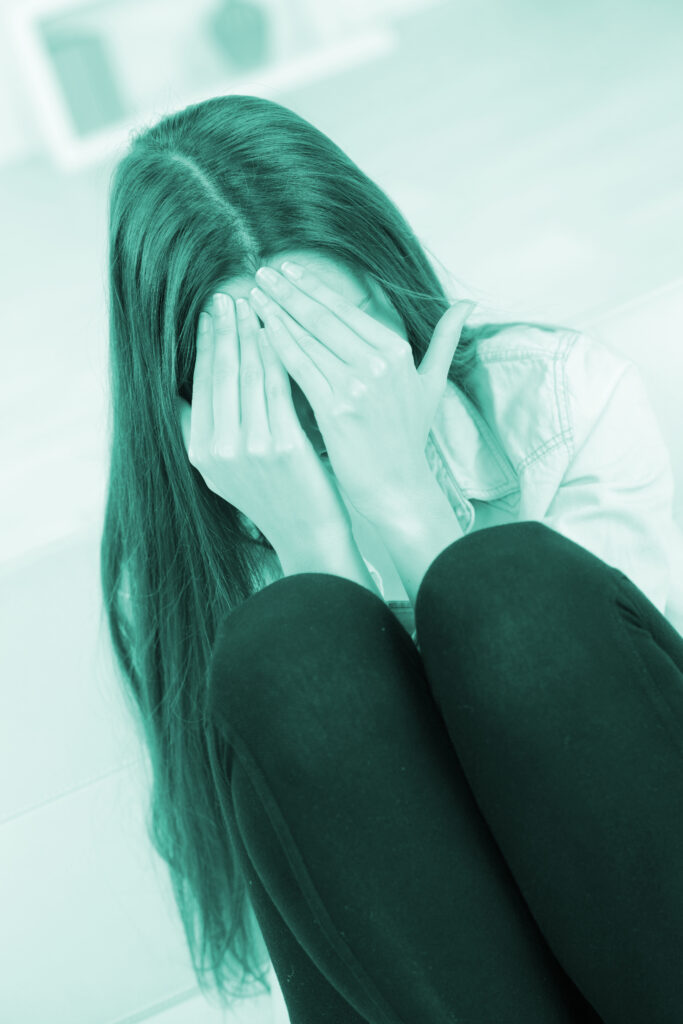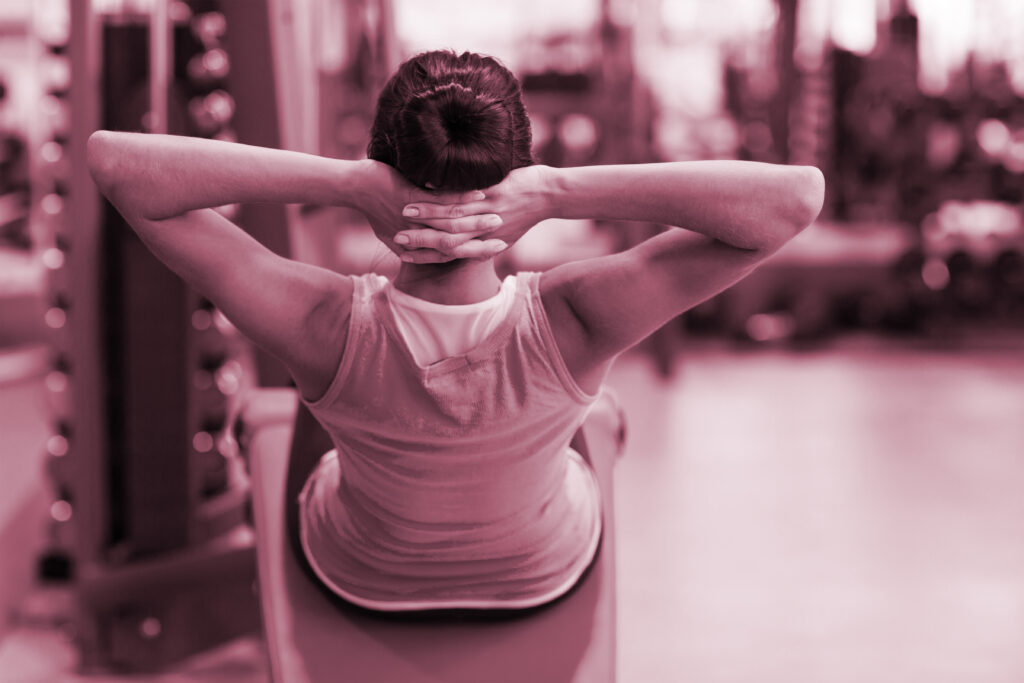Understanding Concussions and Sleep: Tips for Better Sleep Hygiene
After receiving a concussion, your brain has less energy than normal, which can significantly impact your sleep patterns. Concussion symptoms vary from person to person and can affect various aspects of an individual’s life. In this article, we will focus on the connection between concussions and sleep, exploring symptoms like fatigue, low energy, increased or decreased sleep, and difficulty falling asleep. We will also provide valuable tips for practicing good sleep hygiene, helping you on your path to better sleep quality and overall well-being.
Concussions and Sleep: Understanding the Link
Concussions can have a profound impact on your sleep. Common sleep-related symptoms experienced after a concussion include:
Fatigue: You may feel more tired than usual due to the brain’s reduced energy levels.
Low Energy: Your overall energy levels may be lower, affecting your daily activities.
Altered Sleep Patterns: Concussions can lead to increased or decreased sleep duration, making it challenging to establish a consistent sleep routine.
Difficulty Falling Asleep: Falling asleep may become more challenging, impacting your sleep quality.
Improving Sleep with Good Sleep Hygiene
Practicing good sleep hygiene can help mitigate the effects of concussions on your sleep. Here are some tips to consider:
Avoid Daytime Napping: Resist the urge to nap during the day to ensure you are tired at night.
Steer Clear of Stimulants: Avoid caffeine, nicotine, and vigorous exercise close to bedtime, as they can disrupt your sleep.
Limit Alcohol: Alcohol can initially induce sleep but may lead to restlessness once metabolized. Avoid it 4-6 hours before bedtime.
Exercise Regularly: Engage in regular exercise, especially in the afternoon, to promote restful sleep.
Watch Your Diet: Refrain from heavy, spicy, or sugary foods 4-6 hours before bedtime. A light snack rich in tryptophan, like bananas, can aid sleep.
Get Sunlight: Exposure to natural light during the day helps regulate your sleep-wake cycle.
Bed for Sleep Only: Reserve your bed for sleep; avoid watching TV or reading in bed.
Create a Comfortable Environment: Maintain a cool room temperature for optimal sleep conditions.
Try Progressive Muscle Relaxation (PMR): PMR involves systematically contracting and releasing muscle groups, starting from your feet. Focus on your breath to calm your mind and relax your body.
Set a Consistent Sleep Schedule: Establish a fixed bedtime and wake time to train your body to sleep at specific hours.
Block Out Distractions: Use earplugs and an eye mask to eliminate noise and light disturbances.
Establish a Bedtime Routine: Develop a relaxing pre-sleep routine to release the day’s stress and worries.
Move If You Can’t Sleep: If you can not fall asleep within 15-30 minutes, leave the bedroom and return when you feel sleepy.
Sleep Problems
Sleep problems resulting from concussions are common but usually temporary. By following these tips for good sleep hygiene, you can take proactive steps to improve your sleep quality and overall well-being. Remember that everyone’s experience is unique, so consult with a healthcare professional for personalized guidance.



